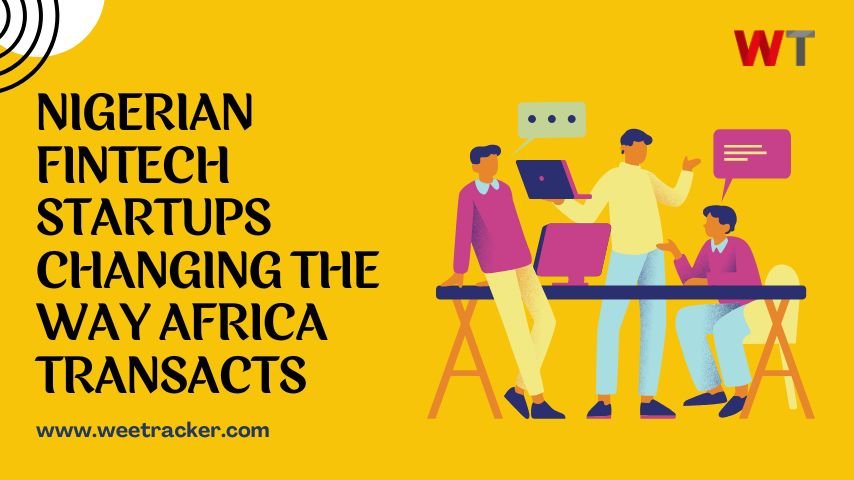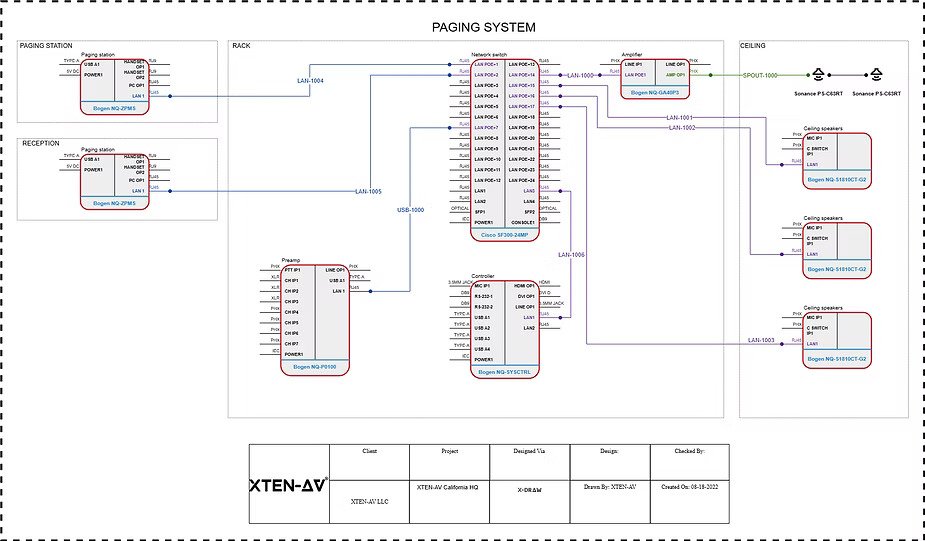In the last decade, Nigerian fintech startups have emerged as key players in Africa’s financial sector, driving innovation and fostering financial inclusion. With a young, tech-savvy population and increasing internet penetration, Nigeria has become a hub for fintech solutions, enabling millions to access financial services. The broader African fintech startup ecosystem has followed suit, transforming the continent’s financial framework. This blog delves into the rise of Nigerian and African fintech startups, highlighting their innovations, challenges, and immense potential.
The Growth of Nigerian Fintech Startups
A Booming Sector
Nigeria’s fintech industry is experiencing exponential growth. The sector attracted over $1.3 billion in funding in 2021, showcasing investor confidence in its potential. Startups like Flutterwave, Paystack, and Kuda have gained global recognition, redefining how Nigerians interact with financial services.
Key Drivers of Growth
Several factors contribute to the rapid expansion of fintech in Nigeria:
- Unbanked Population: With over 38 million Nigerians unbanked, fintech startups are bridging the gap by providing digital financial solutions.
- Mobile Penetration: High smartphone usage, coupled with affordable internet access, facilitates the adoption of mobile-based financial services.
- Supportive Regulations: The Central Bank of Nigeria (CBN) has introduced policies to promote financial technology innovation.
Major Nigerian Fintech Startups Making Waves
Flutterwave
Flutterwave is a leading payment gateway enabling businesses to accept and process payments across Africa. Its innovative solutions cater to small businesses and large enterprises alike, simplifying transactions within and outside the continent.
Paystack
Acquired by Stripe in 2020 for $200 million, Paystack revolutionized online payments in Nigeria. The platform’s seamless API integration empowers businesses to accept payments via multiple channels.
Kuda
Known as “the bank of the free,” Kuda offers zero-fee banking services, catering primarily to Nigeria’s underserved population. Its user-friendly app simplifies account creation, transfers, and savings.
Carbon
Formerly known as Paylater, Carbon is a digital bank offering services such as loans, savings, bill payments, and investments. Its quick loan approval process has made it a go-to platform for individuals and small businesses.
PiggyVest
PiggyVest is revolutionizing how Nigerians save money. By offering tools for disciplined savings and investments, it’s helping young Nigerians achieve financial goals that might otherwise seem out of reach.
African Fintech Startups: The Broader Picture
Africa’s Fintech Boom
Across the continent, African fintech startups are addressing unique challenges, from limited access to financial services to cross-border payment hurdles. By leveraging technology, these startups empower individuals and businesses alike.
Success Stories
M-Pesa (Kenya)
M-Pesa, launched by Safaricom, revolutionized mobile money in Africa. It enables users to send, receive, and store money using their phones, becoming a financial lifeline for millions.
Chipper Cash (Pan-African)
Operating in multiple African countries, Chipper Cash simplifies cross-border transactions with its low-cost, fast, and user-friendly platform.
Wave (Senegal)
Wave is transforming mobile money in West Africa with its fee-free cash-in and cash-out services, challenging traditional banking systems.
Innovations Driving African Fintech
Blockchain Technology
African startups are exploring blockchain to enhance transparency and security in financial transactions. Platforms like BitPesa leverage blockchain to facilitate cross-border payments with minimal fees.
Artificial Intelligence (AI)
AI-powered solutions, such as credit scoring and fraud detection, are enabling fintech companies to make informed decisions and safeguard user data.
Digital Lending
Startups like Branch and Carbon offer digital loans, providing quick access to credit without the need for collateral.
Challenges Facing Nigerian and African Fintech Startups
Regulatory Hurdles
While supportive policies exist, regulatory inconsistencies can hinder growth. Startups must navigate complex compliance requirements to operate legally.
Infrastructure Gaps
Unreliable electricity and internet connectivity in some areas pose significant challenges for seamless service delivery.
Limited Access to Funding
Although funding has increased, many startups still struggle to secure capital to scale their operations.
The Future of Fintech in Nigeria and Africa
Expanding Financial Inclusion
With more than 60% of sub-Saharan Africa’s population unbanked, fintech startups are poised to drive financial inclusion, offering services to the underserved.
Collaboration with Traditional Banks
Partnerships between fintech startups and traditional financial institutions are expected to enhance service delivery and build trust among users.
Global Expansion
Many African fintech startups, including Nigerian players, are eyeing global markets, leveraging their unique solutions to compete internationally.
Conclusion
The rise of Nigerian fintech startups and their counterparts across Africa signifies a transformative shift in the continent’s financial ecosystem. By addressing challenges like financial exclusion, these startups are not only fostering economic growth but also empowering individuals and businesses. As technology continues to evolve, the future of fintech in Nigeria and Africa holds immense promise, making it a space worth watching.
Also Read: NYC Logo Design on a Budget: Affordable Options for Startups














Leave a Reply